Dehydrated vs. Dry Skin
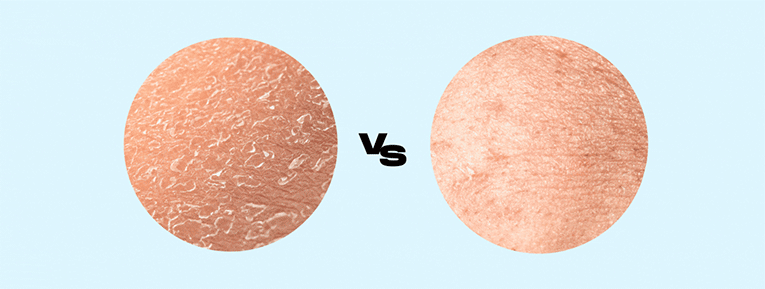
Learn the difference between dehydrated vs. dry skin, how you can easily tell which might apply to you and what you can do to improve it.
And this isn’t only of interest to people who feel their skin is dry or have a dry skin type.
While I had oily skin, my skin was severely dehydrated and therefore my acne got worse.
So let’s sit down and learn about the differences.
It means your skin doesn’t retain enough water.
It can be dry and itchy and may even look dull. Your skin tone and complexion may appear uneven and fine lines will be more noticeable not due to age or expression but just simply because it is quite dehydrated.
While dehydrated skin can be bothersome, it’s relatively easy to treat with the right lifestyle changes. Treatment starts from the inside out to replenish and maintain moisture levels throughout the body. Dehydrated skin may appear dry, but that’s not the same as having a dry skin type. You should always consult with a doctor in person if the dehydration or dry skin is more severe as these need sometimes medical treatment.
Dehydrated skin is sometimes associated with dry skin. However, these are two different phenomena.
While dehydrated skin lacks water, dry skin lacks natural oils (also called sebum). Also, dry skin is a skin type, while dehydration is a condition.
There are normal, dry, combination and oily skin types. Usually, you’re born with a skin type, but it can change with age and season. So always make sure to check up on your skin and adapt your skincare routine accordingly.
If you’ve got dry skin, your sebaceous glands don’t produce enough natural oils. Usually, your skin needs extra moisture from a replenishing cream to protect it from further moisture loss. Dry skin can also be caused by a health condition such as hypothyroidism, a sign of underactive thyroid which are responsible to produce the hormones in your body.
Usually, signs such as flaky skin, white scales, redness and irritation can occur.
Dry skin is sometimes associated with skin conditions like psoriasis, eczema and even acne breakouts. However, these conditions aren’t the same as dealing with a dry skin type, nor are they the same as dry skin.
Dehydration means that your body loses more water than it takes in. Aside from not drinking enough water, this can also be related to increased urination from caffeine or diuretics. It can also result from heavy sweating during exercise or hot weather conditions.
Unlike dry skin, dehydrated skin can cause itching, dullness, darker dark circles and sunken eyes.
Increased appearance of fine lines and superficial wrinkles can also be part of it.
Severe dehydration can extend beyond the skin and cause dizziness, dry mouth, weakness, lightheadedness, general weakness, darker and infrequent urination.
Dehydration can become a medical emergency in these cases. See your doctor immediately if symptoms of severe dehydration don’t improve.
You can do a simple pinch test at home to determine the moisture level of your skin.
Take a small area of skin in the cheek area and gently squeeze it. If you notice wrinkling and the skin doesn’t spring back after you release it, your skin may be dehydrated.
Your dermatologist or esthetician can also help you determine if your skin is dehydrated or dry.
Unlike dry skin, dehydrated skin can improve with lifestyle changes. The first important step is to restore your fluid balance. You can start with the old rule of eight glasses of water a day if you’re not already drinking enough.
Depending on your body weight and activity level, you may need to drink more. Consult with your doctor about what amount is appropriate for you.
If you’ve been sick lately, dehydration may be related to fluid loss from illness. Make sure you drink plenty of water, electrolyte drinks, and broth-based soups.
Severe dehydration can get instantly better with intravenous fluids at the doctor’s office or hospital.
Dry skin, on the other hand, is more challenging. If your skin tends to be naturally dry, you’ll probably need to take extra care to keep it hydrated in cold, dry weather.
We hope this gave you a better understanding of the difference between dry. vs. dehydrated skin is to help you treat your skin in the correct manner and maintain its beauty.

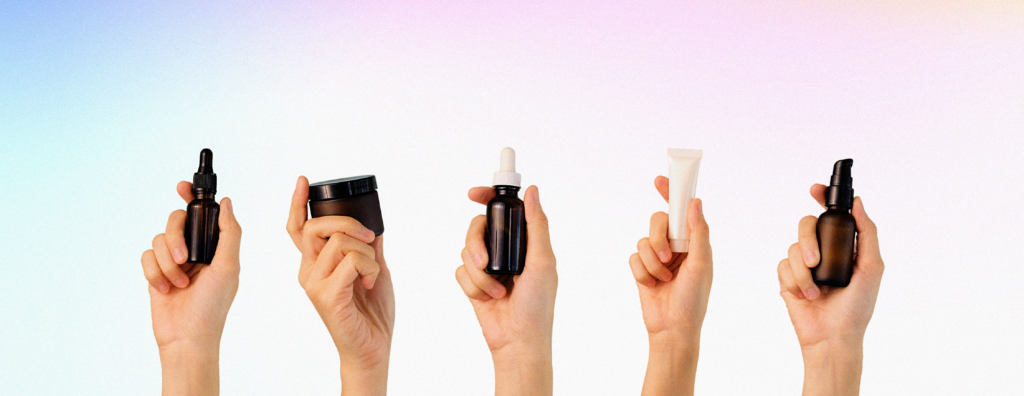
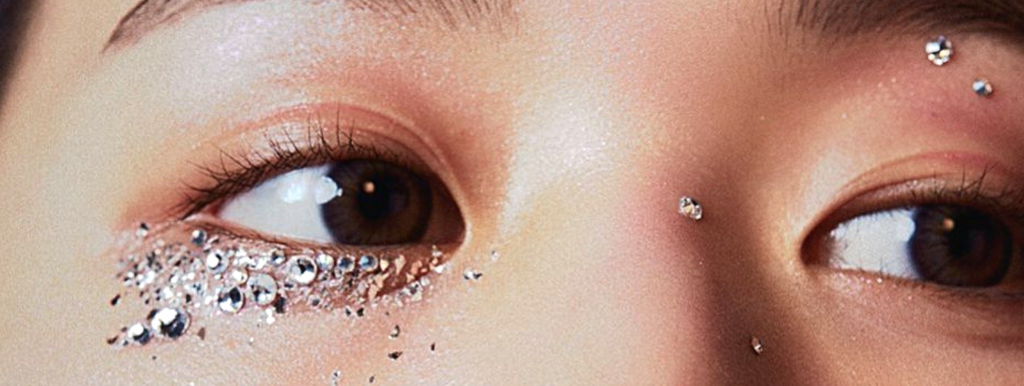

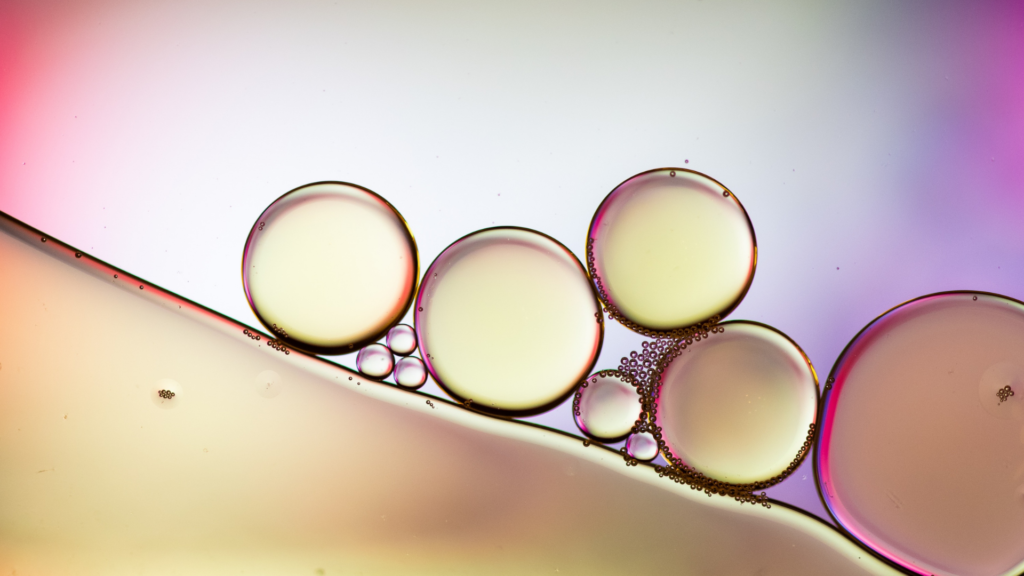
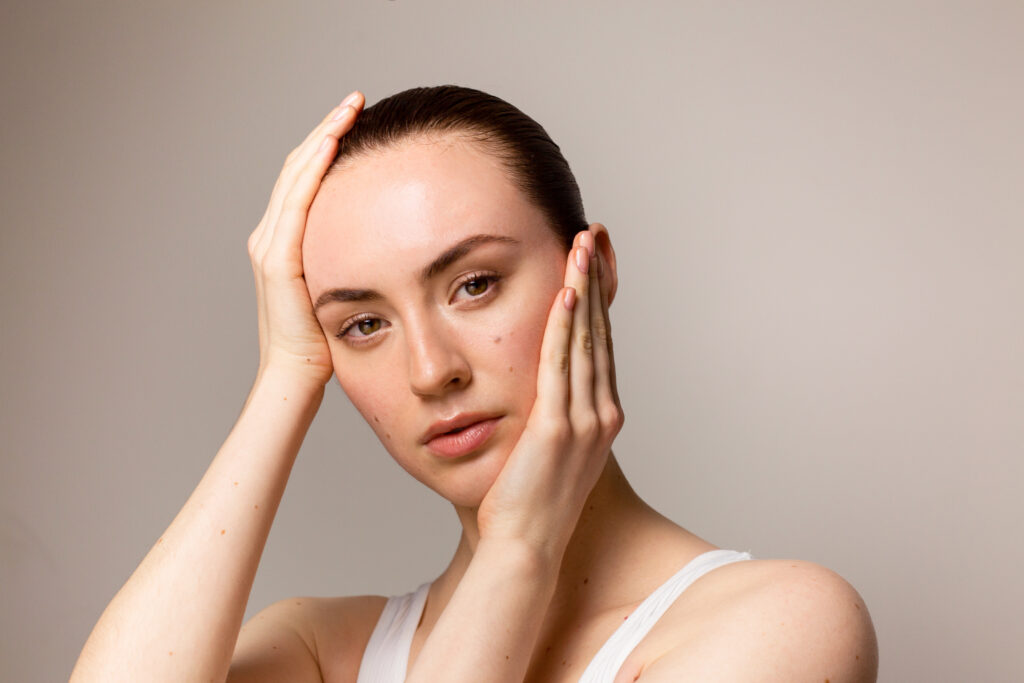
Responses